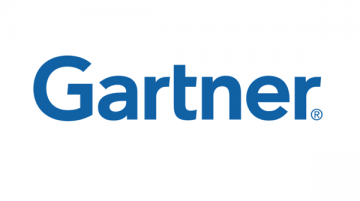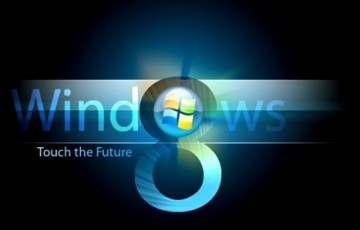 The global energy and utility markets face significant challenges from ongoing environmental sensitivity, policy maker decisions and consumer demands, Gartner has said.
The global energy and utility markets face significant challenges from ongoing environmental sensitivity, policy maker decisions and consumer demands, Gartner has said.
The research company has made the claims within its top ten technology trends within the industry for 2013.
Report author Kristian Steenstrup, vice president and Gartner Fellow said searching for successful business models that will address these issues and generate anticipated shareholder returns in uncertain regulatory settings was a top priority for this industry.
He added this was in addition to protecting the security of critical generation and delivery infrastructure, as well as maintaining system reliability with aging physical assets.
He said one of the top ten technology trends for this sector this year was social media and Web 2.0, which would give utility IT leaders the opportunities to use social media as a customer acquisition and retention medium for competitive energy retailers and as a consumer engagement channel to drive customer participation in energy efficiency programs.
Big data will also play a part this year with Gartner predicting that smart grid development would increase data quantity by several orders of magnitude, driven by a host of edge devices, as well as new IT and OT applications such as advanced metering infrastructure (AMI), synchrophasors, smart appliances and microgrids.
Mobile and Location-Aware Technology was also cited as a trend with Gartner claiming this could lower costs and improve accuracy and effectiveness of the field force, which were the main drivers for utilities to deploy mobile and wireless technologies.
Gartner also pointed out Cloud Computing and SaaS would help in the smart meter, big data analytics, and demand response coordination and GIS industries, while sensor technologies, which would be applied extensively throughout the entire supply, transmission and distribution domains of utilities.
Increasing use of in-memory computing (IMC) application infrastructure technologies as enablers inside multiple types of software and hardware products would, according to Gartner, result in rapid IMC adoption by mainstream, risk-averse IT organisations.
The company added the ability of IMC to support high-scale, high-throughput and low-latency use cases would also make it possible for IT organisations to implement innovative scenarios, such as those addressing processing of the smart-grid-generated metering and real-time sensor data.
Advanced Metering Infrastructure was also highlighted as a priority as it would provide communication backbones for low-latency data aimed at improving distribution asset utilisation failure detection, and facilitating consumer inclusion in energy markets.


















